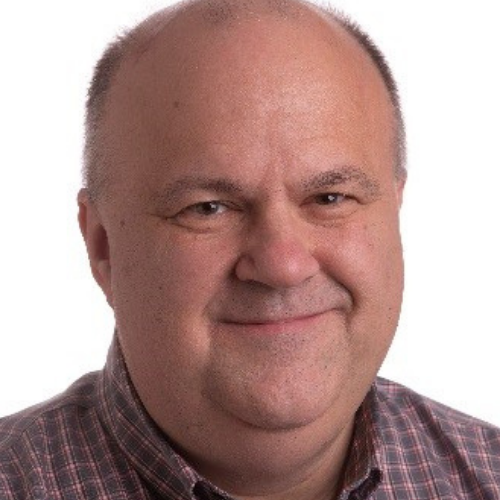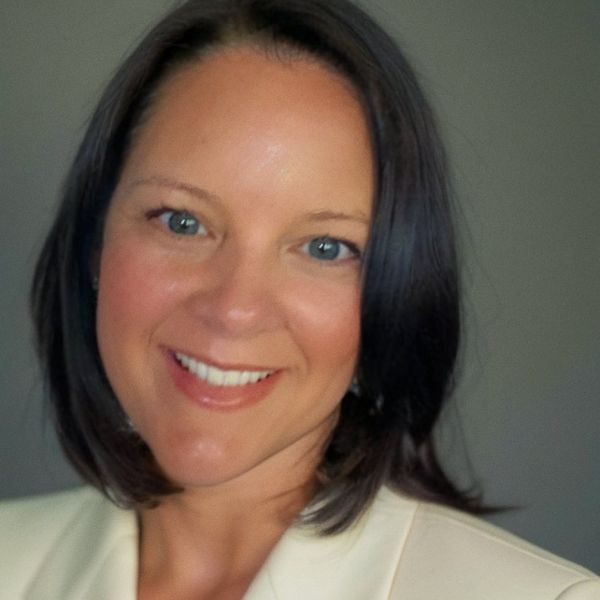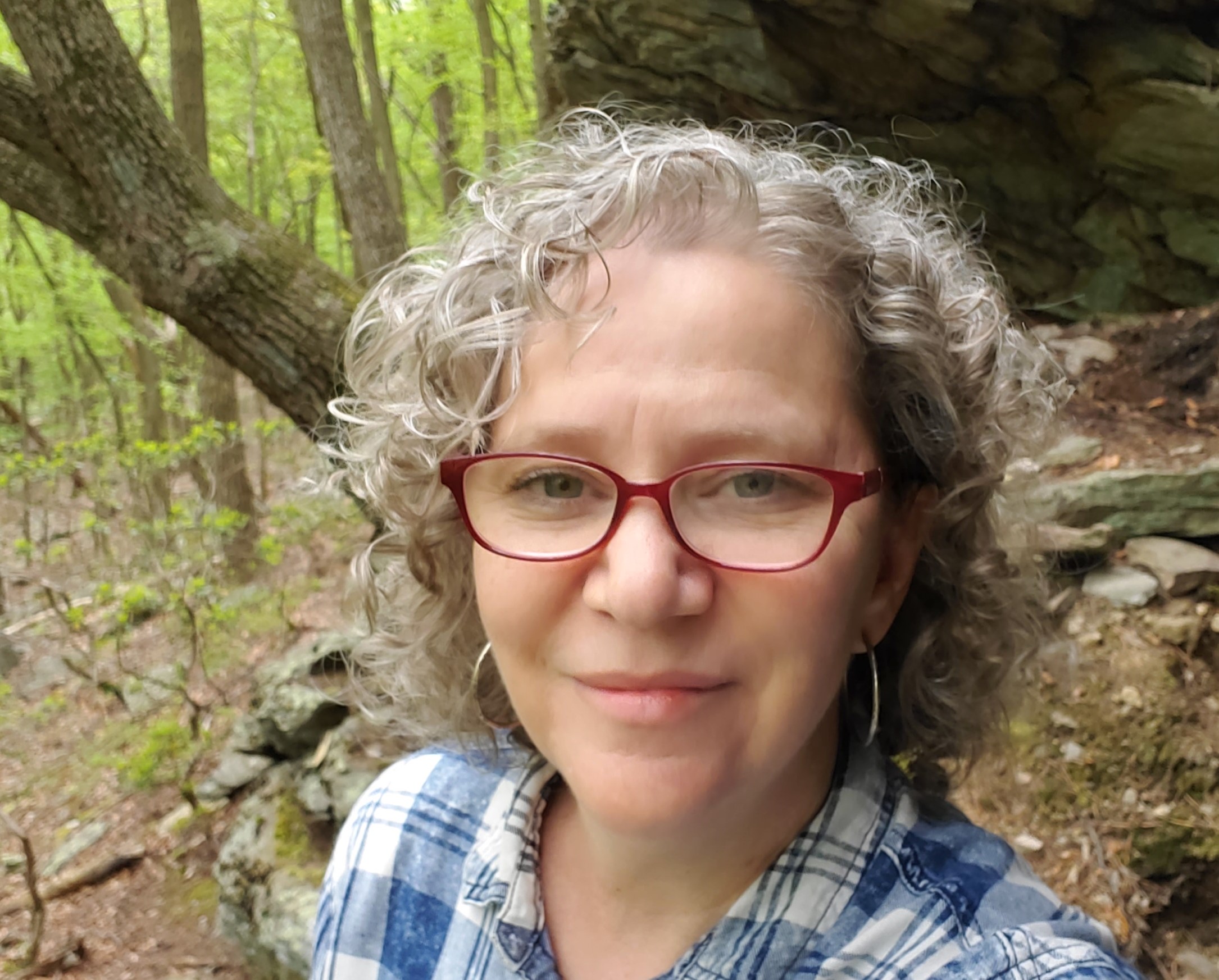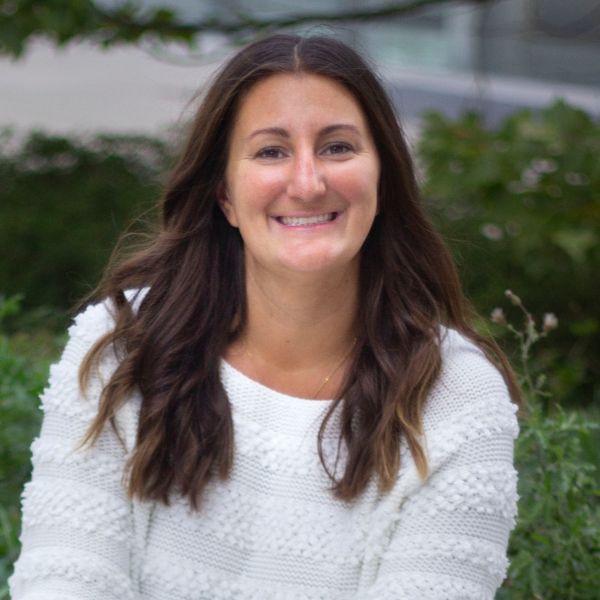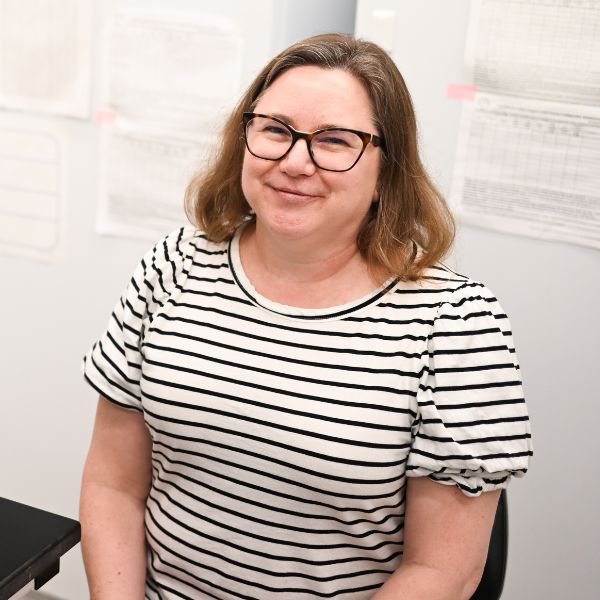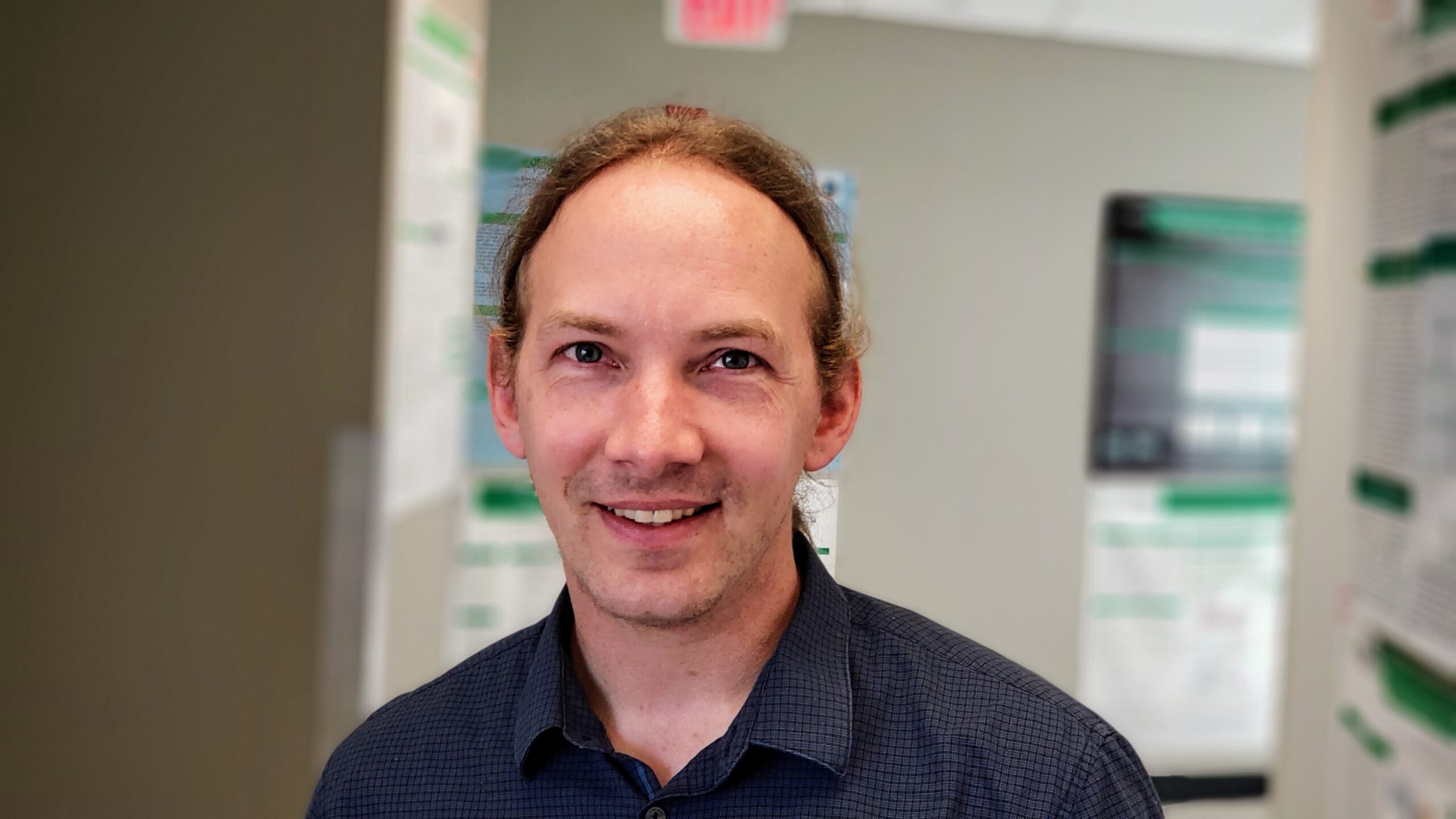Chair
Michael Coble
Executive Director, Center for Human Identification, UNTHSC
Michael Coble, PhD, is an Associate Professor and the Executive Director of the Center for Human Identification at the University of North Texas Health Science Center in Fort Worth, Texas. He is a Fellow of the American Academy of Forensic Sciences and a member of the International Society for Forensic Genetics. He serves as a commissioner of the Texas Forensic Science Commission and is an invited guest at the Scientific Working Group on DNA Analysis Methods (SWGDAM).


